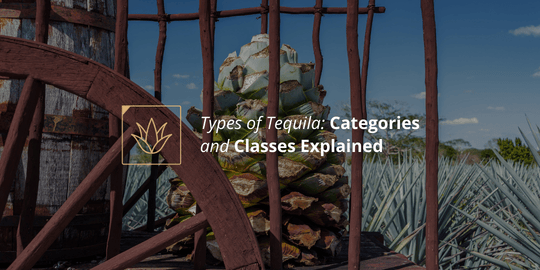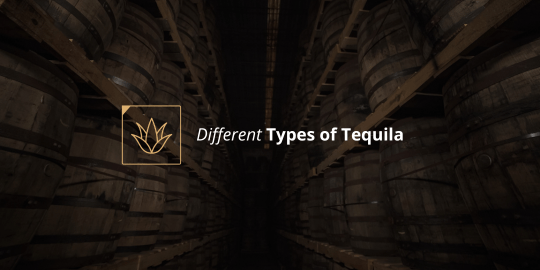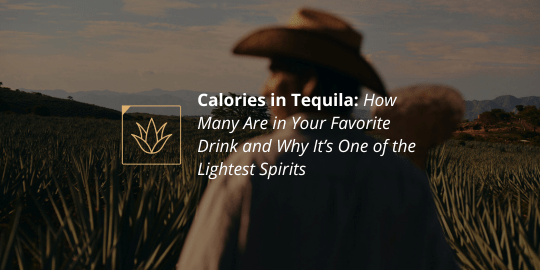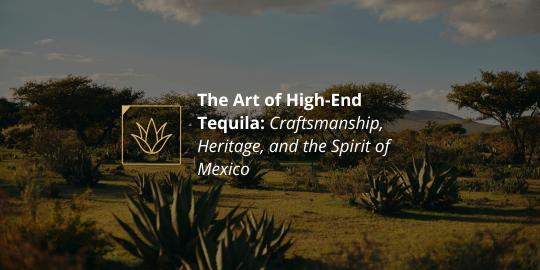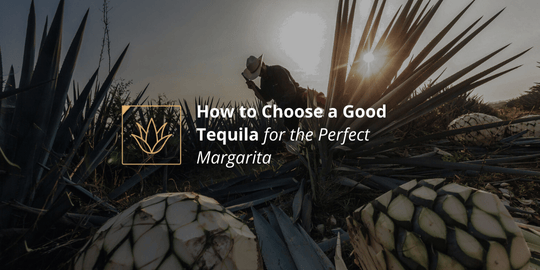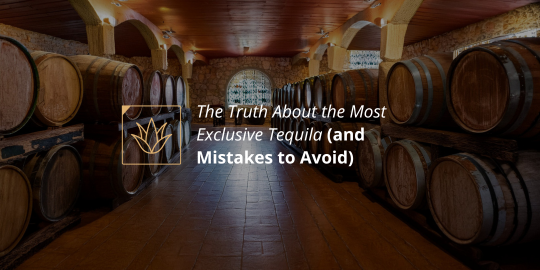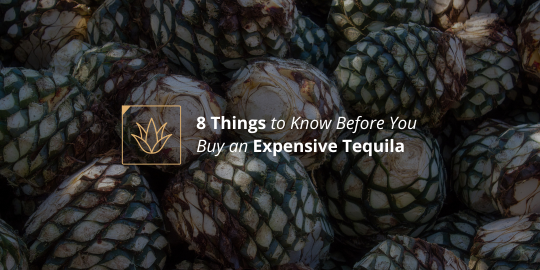The main mistakes when launching your own tequila brand include failing to comply with regulatory and denomination of origin standards, lacking a solid and well-structured business plan, neglecting sales and marketing strategies, and not clearly defining a target audience.
Creating a tequila brand can be an exciting journey, but without proper knowledge and guidance, it can also be full of obstacles.
Mexico is the birthplace of a beverage rich in tradition, but it’s also home to a highly regulated, competitive industry with demanding consumers.
Whether you’re starting out as a bottler or looking to scale an existing brand, here are the most common mistakes when developing a tequila brand—and how to avoid them.
The Importance of a Business Plan
Let’s start with the business plan. Developing a well-structured one is crucial for a tequila brand, because this industry combines high-risk elements, global competition, strict legal requirements, and high consumer expectations.
Why a solid business plan is essential for your tequila brand?
It helps you clearly define the direction of your project by answering key questions from the beginning:
- What type of tequila will you produce: blanco, reposado, añejo?
- Who is your ideal consumer? What is your target market?
- Will your focus be local, national, or international?
- This is no place for improvisation a solid plan will help you make informed decisions.
A well-crafted plan also lets you estimate costs, cash flow, and break-even points to determine if the business is truly viable.
1. How to choose the right bulk tequila supplier
Your product is only as good as the tequila you use.
Choosing a supplier based only on price can lead to a bland spirit with no character or market appeal.
Making the right choice here directly affects product quality, enhances your brand’s reputation, and can even support your ability to scale.
The tequila supplier is not just a vendor, they are a strategic partner who impacts your brand’s quality, legality, and growth.
2. How to avoid a bad decision?
Choose a supplier that allows you to develop a personalized flavor profile: aromas, tasting notes, body; has export experience, and a clear commitment to agave quality.
Dialce, a leader in the tequila industry, offers guidance and business options to help you build a broad and sustainable vision when developing your own tequila brand.
3. Defining your tequila brand’s value proposition and target market
A “pretty” bottle is not enough. Many projects fail because they don’t know who they’re targeting or what makes their brand different.
It’s not enough to say, “It’s handcrafted” or “Made in Jalisco.”
Avoid this by clearly defining whether your market is local or international, premium or mass-market, younger or more traditional. From there, build a brand story that aligns with your identity.
4. Underestimating the Importance of the Distribution Channel
Having a great bottled product is meaningless without a clear go-to-market strategy. Many entrepreneurs are left with unsold stock because they never planned how to reach the end customer.
From the start, define how you will sell your tequila:
- Through wholesalers?
- Restaurants?
- Online sales?
- International distributors
- Secure agreements before the bottling phase
5. Overlooking Design and Visual Identity
In a market where packaging and labels sell just as much as flavor, launching a brand without a strong and distinctive visual identity is a critical mistake.
The key is to invest in professional branding that reflects your brand’s values and translates well to retail shelves, e-commerce, and social media.
Don’t forget: the label is the consumer’s first impression.
6. Failing to Understand Industry Regulations
One of the biggest missteps is underestimating regulations.
To launch a tequila brand, you must comply with the standards of the Tequila Regulatory Council (CRT), which includes certifications, product specifications, and traceability requirements.
Many entrepreneurs attempt to commercialize their tequila without validating these factors this can lead to fines or even export bans.
Again, working with a certified supplier is essential. Seek advice from regulatory experts to ensure your entire production chain complies with the law.
The Importance of Traceability
- Especially for exports, buyers will require full traceability:
- Where did each bottle come from?
- Which agave was used?
- Under what conditions was it produced?
Lack of traceability can close doors in markets like the United States and Europe.
How to avoid this? Your supplier is once again key. Without their collaboration and compliance, you cannot ensure or prove the origin, authenticity, or legality of your product.
- Your supplier must help you:
- Document each production lot
- Obtain official tequila certifications
- Ensure transparency in their production processes
Creating a tequila brand is an art that blends passion, strategy, and expertise.
Avoiding these common mistakes can mean the difference between a short-lived project and a solid, long-term brand.
If you’re thinking about entering this industry, educate yourself, surround yourself with experts, and build a step-by-step, authentic, well-structured proposal.
Ready to launch your tequila brand the right way? Contact our team to guide you through every step from regulations to branding and bring your vision to life.
You may also like:




